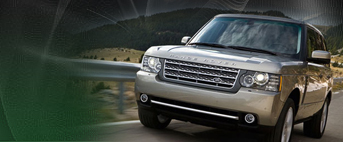Hey Folks,
I actually have an LR4, but figured I might get more insight here.
I'm at the beach for 2 weeks and every day I spend hours driving on the 4x4 beaches and in the sandy, flooded dunes.
I've got my tires down to 22 PSI and I'm curious what the issues might be if I leave them there when I'm driving on normal roads for the next week. I have to drive about 35-40mph for about 15 minutes to get to the offroad beach access, other than that, the car is basically at the beach house, parked.
I'm careful to take turns around bends in the road.
Yes, I'm asking if I can be lazy and not spend the 25 minutes to air down and 25 minutes to air back up each day. But I don't want to hurt the vehicle at the same time.
Any insight appreciated. Thanks!
I actually have an LR4, but figured I might get more insight here.
I'm at the beach for 2 weeks and every day I spend hours driving on the 4x4 beaches and in the sandy, flooded dunes.
I've got my tires down to 22 PSI and I'm curious what the issues might be if I leave them there when I'm driving on normal roads for the next week. I have to drive about 35-40mph for about 15 minutes to get to the offroad beach access, other than that, the car is basically at the beach house, parked.
I'm careful to take turns around bends in the road.
Yes, I'm asking if I can be lazy and not spend the 25 minutes to air down and 25 minutes to air back up each day. But I don't want to hurt the vehicle at the same time.
Any insight appreciated. Thanks!


